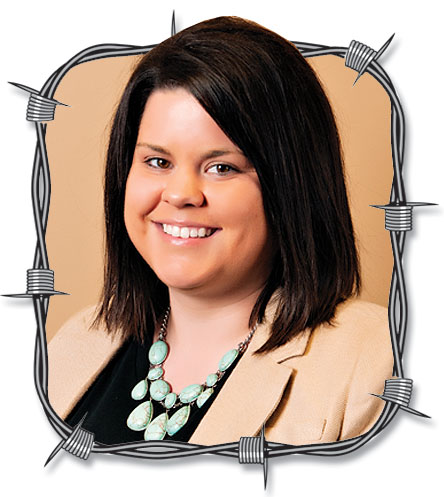Before you drive someplace new, you plug your destination into a GPS, right? Financial planning is just like that. You’re creating a road map for your money. Planning helps make the most of what you have, so you can balance the life you want now with the one you want you want later. It will help you reach long term goals like saving for retirement, or short-term goals like a family vacation. If you’re not sure what your goals should be? Financial planning can help with that too. If you experience and unexpected detour, a financial plan can keep you moving towards your destination. Life has many twists and turns, financial planning can you and your money stay on track.
Financial planning consists of setting goals and creating a road map for how you will achieve them. Some top savings examples might include saving for a home, college, or funding retirement. Planning will help you identify blind spots and find opportunities to make your money work harder for you and adapt to life changes that you experience along the way.
Financial planning is like preparing for a trip. Point A is where you stand with your finances today, and point B is the future you who has accomplished your goals with the help of smart money decisions. Your may experiences along the way, but financial planning gives you flexibility so that you are ready for whatever life has in store.
What is a financial planning for?
Financial planning is tailored to you based on your goals and priorities. Common financial planning goals include:
• Marriage
• Purchasing a home
• Having children
• Paying off debt
• Starting a business
• Determining retirement wants and needs
• Estate planning
• Creating a will or trust to pass assets on to children and/or loved ones
• Creating a legacy
Creating a financial plan will help you identify which goals are most important to you and will help crate a road map to reach them.
What is a financial plan?
A financial plan looks at your entire financial picture and breaks down what you’d need to reach your financial goals, taking in consideration all your financial obligations. When the unexpected happens, your financial plan will help you recalibrate. A financial plan can include:
• How much to allocate to retirement
• How much to maintain in emergency fund
• How much to put towards large and small savings goals
• Advise on which savings and investment vehicles will aide you in reaching your goals, and how to manage your portfolio according to your needs
• Types of solutions that will help you protect your family, income, assets, or cover future needs like long-term-care
• How to pay down debt
• Establishing a budget
• Estate plan to ensure family assets are carried out after death
Putting together a financial plan
Once you’ve solidified your plan, implementing it is where the rubber meets the road. But as your life changes, so will your financial plan. You’ll want to meet regularly with your advisor to adjust as needed. Life is a journey that can have many twists and turns, and financial planning can help you prepare for them and make sure that your money helps, rather than hinder, meeting the dreams you have for your family.
Brian Pahl of Nixa, Mo., is a Financial Representative with RPS Financial Group, Inc. He can be contacted at 417-877-8600 or [email protected]







